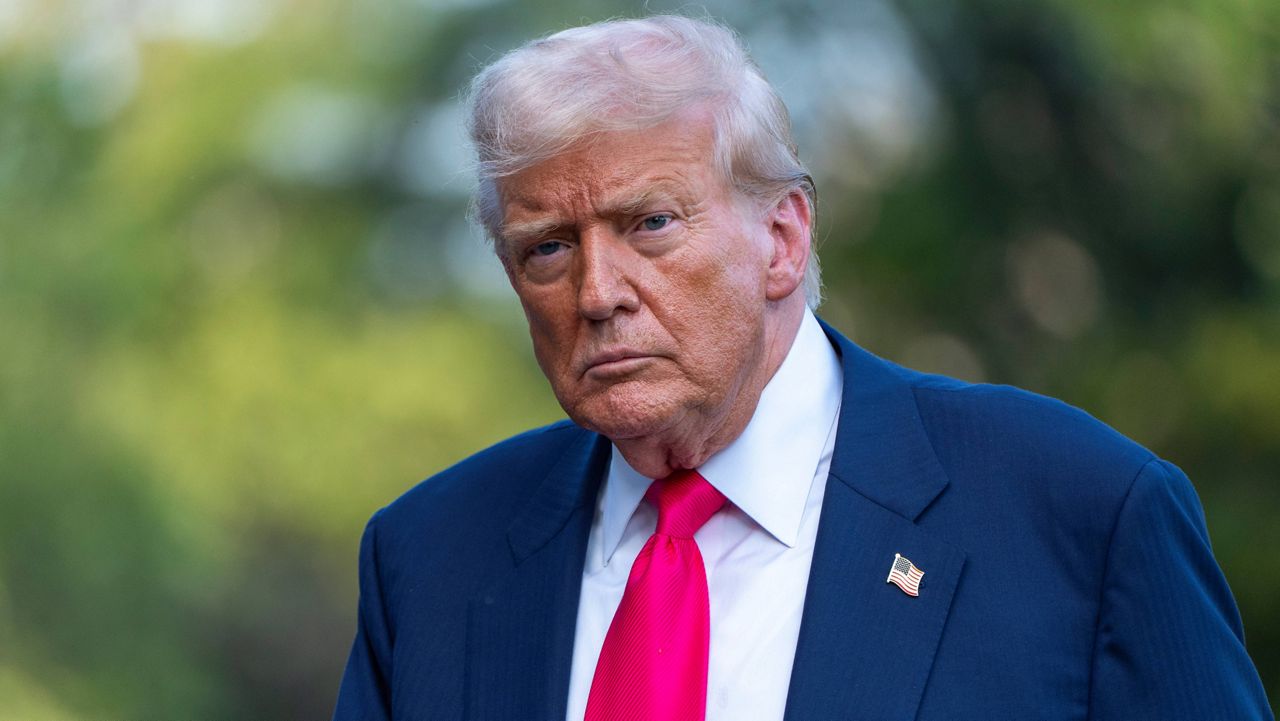The Resurgence of Native American Imagery in Sports: Trump’s Call to Action
Recent social media posts by former President Donald Trump advocating for the return of the Washington Commanders to their previous name, the Redskins, alongside calls for the Cleveland Guardians to revert to the Indians, have reignited a complex dialogue about Native American imagery in sports. This conversation is a testament to the ongoing examination of cultural sensitivity and representation in the world of athletics.
The Background of the Names
Both teams—Washington’s NFL franchise and Cleveland’s MLB team—have taken steps away from names that many believe perpetuated stereotypes and contributed to systemic racism. The Washington Redskins, a term that has faced significant backlash, was officially retired in 2020 following years of protests and mounting pressure from sponsors. Similarly, the Cleveland Indians transitioned away from their controversial Chief Wahoo logo, a decision publicly announced in January 2018, marking the end of an era.
Names and Images: A Journey Towards Change
October 2013
The dialogue began gaining prominence in the broader political landscape when then-President Barack Obama expressed that he would consider changing the name of the Washington Redskins if he owned the team. His acknowledgment of the “real legitimate concerns” surrounding the name contrasted sharply with Trump’s immediate rebuttal. Trump defended the name, suggesting the country had “far bigger problems,” effectively downplaying the concerns raised by Native American advocacy groups.
2018: A Turning Point
The Cleveland Indians’ decision to retire the Chief Wahoo logo emerged from a long history of advocacy against offensive Native imagery. Commissioner Rob Manfred’s statement underscoring MLB’s commitment to diversity and inclusion highlighted a shift in perspective within the sports community. Still, the franchise’s intent to continue selling merchandise featuring the logo showcased the complexities often involved in these discussions.
The Summer of Reckoning: 2020
The summer of 2020 marked a watershed moment in American culture following the tragic death of George Floyd. This event sent shockwaves through various sectors, sports included, prompting many organizations to reevaluate their branding. Major sponsors withdrew support, leading Dan Snyder, the owner of the Washington team, to announce a “thorough review” of the name. In tandem, Cleveland initiated discussions about moving away from the Indians name, with manager Terry Francona publicly voicing his support for a change.
Ultimately, on July 13, Snyder announced that the Redskins moniker would be retired after 87 years and that the team would temporarily be rebranded as the Washington Football Team.
Cleveland’s Transformation
December 2020 saw the Cleveland franchise officially announce that they would no longer be called the Indians following the 2021 season. Owner Paul Dolan’s words reflected a broader understanding of the cultural implications of team names in today’s world, emphasizing the need for respectful representation.
In July 2021, the team revealed its new identity as the Guardians, named after the large stone structures near the Hope Memorial Bridge in Cleveland. This renaming signified a significant shift and a departure from a name rooted in controversy.
The Reluctant Defenders: Other Teams and Their Stances
As Cleveland and Washington distanced themselves from their previous names, teams like the Atlanta Braves and Chicago Blackhawks chose to maintain their identities. The Braves stated they would always be known by their name, while the Blackhawks insisted their name honored a Native leader. Such stances have highlighted the discord within the sports community, as teams navigate the fine line between tradition and respect for the cultures that influence their branding.
In August 2020, the Kansas City Chiefs took steps to prohibit culturally appropriative behavior at their games, emphasizing a growing awareness of the impact of Native imagery in sports.
A Future Uncertain
Fast forward to summer 2023: franchise ownership changed hands, but the conversation remained alive. New owner Josh Harris, despite initial comments referencing the former name during his introductory press conference, subsequently confirmed that the team would not revert to Redskins. This decision echoes a broader movement within sports to prioritize cultural sensitivity.
However, the dialogue took a new turn when Montana Senator Steve Daines threatened to block a bill related to land transfer for a potential new stadium unless the Commanders honored the former logo. Such politics highlight the enduring tension between tradition, financial implications, and cultural respect.
As we move into 2025, following a compelling NFL season, Harris reaffirmed the significance of the Commanders name. The community’s growing acceptance of the name signals a potential stabilization of the team’s identity, one created with an eye toward the future rather than a yearning for a controversial past.
The Continuing Discussion
While the issues surrounding Native American imagery in sports remain heated and complex, the discussions ignited by Trump’s social media posts remind us that this is an evolving conversation. As societal values continue to shift, teams, franchises, and their fanbases must navigate these waters with care, deliberation, and a commitment to honoring all cultures involved.



